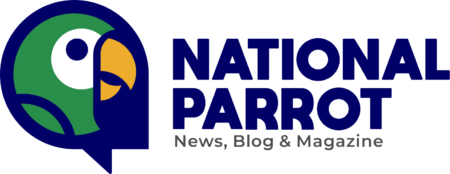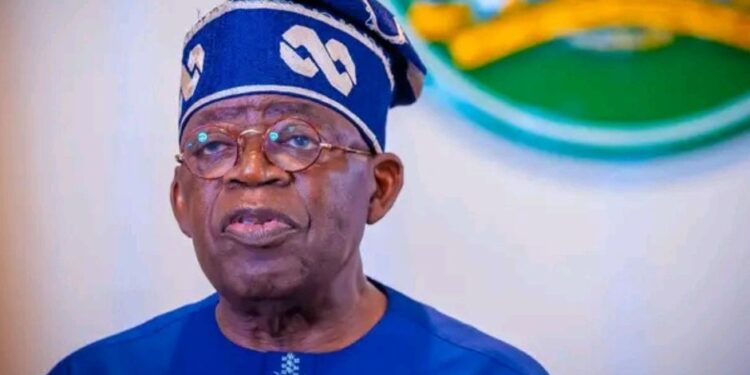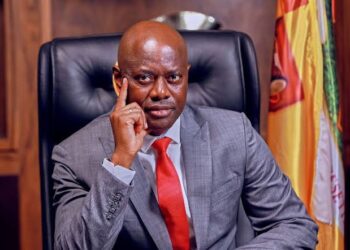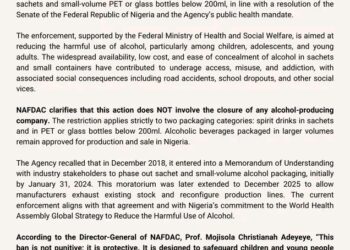President Bola Tinubu has directed that the National Single Window (NSW) Project be fully operational by the first quarter of 2026.
This was disclosed in a statement released on Tuesday by Bayo Onanuga, Special Adviser to the President on Information and Strategy, following the fifth meeting of the NSW Steering Committee held at the State House, Abuja.
Represented by his Chief of Staff, Femi Gbajabiamila, the President reaffirmed his administration’s commitment to accelerating economic reforms. He pointed to the newly signed Tax Reform Acts as a clear signal of urgency, noting that Nigeria’s $1 trillion economy target depends heavily on improved trade and fiscal systems.
Gbajabiamila stressed the need to maintain focus on the NSW project, which he described as key to simplifying the country’s import and export operations. He said the platform would enhance transparency, attract investment, and strengthen Nigeria’s reputation in the global market.
Finance Minister and Coordinating Minister of the Economy, Wale Edun, commended the progress recorded so far but urged stakeholders to shift from planning to execution. He emphasized the need for speed in delivering the project.
Minister of Industry, Trade and Investment, Jumoke Oduwole, echoed the call for urgency, charging committee members to meet the deadline without excuses.
Dr. Zacch Adedeji, Executive Chairman of the Federal Inland Revenue Service (FIRS), expressed appreciation to the President for his consistent backing of the initiative. He encouraged members of the committee to remain focused as the project advances into the implementation phase.
Director of the National Single Window Project, Tola Fakolade, provided an update on progress, stating that all second-quarter 2025 milestones have been achieved. He confirmed that customisation of the digital platform is already underway, adding that the team remains confident of meeting the rollout timeline.
The National Single Window Project, launched in April 2024, is designed to streamline trade procedures by consolidating all regulatory agencies into a centralised digital portal. The system is expected to reduce trade-related costs, eliminate delays, and improve transparency at ports.
The steering committee comprises representatives from the Ministry of Finance, the Ministry of Trade and Investment, the FIRS, and the Nigeria Customs Service.





